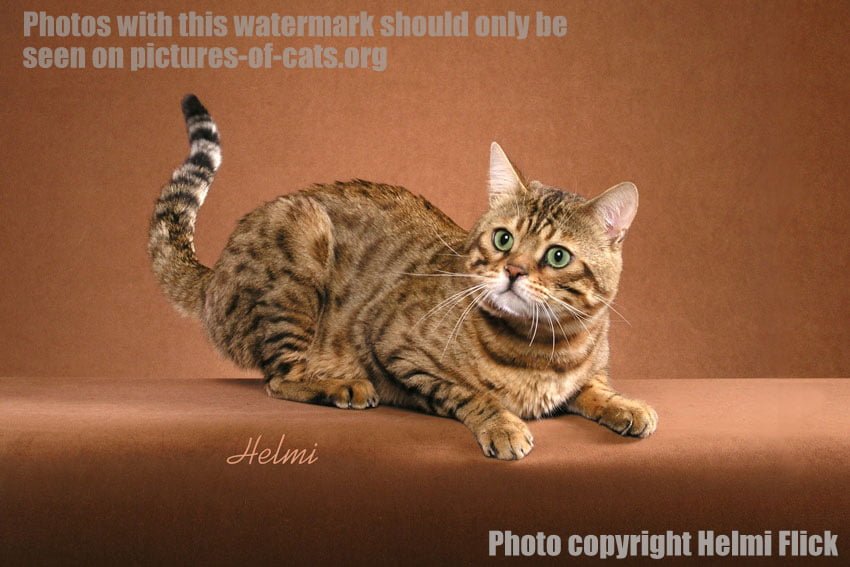The world is celebrating Larry the Cat's ten year anniversary at Number 10 Downing Street, the heart of the British government and the offices of the Prime Minister with his residence above in a flat. Although, as I understand it, Boris Johnson and his partner Carrie Symonds live at number eleven because it is a bigger flat.
Larry's Twitter feed provides a celebration of his decade at Downing Street. Please note that sometimes these embedded videos go wrong and stop working for reasons beyond my control and if that has happened I am sorry!
For someone like me, who is concerned about cat welfare, I'm surprised that he has survived. He lives in the centre of London. Okay, it's a cul-de-sac and he has some space in front of Number 10 Downing Street and he can stroll across the road outside to the Foreign & Commonwealth Office buildings where Palmerston used to live. Palmerston is retired because he was too stressed apparently. I wonder whether Larry stressed him up because Larry used to beat him up in fights!
But all he has to do to get onto the main road is to trot about two hundred yards in the right direction (south) where he'd meet tons of traffic. It's a bit surprising that he is an indoor-outdoor cat. Behind number ten is St James Park and Horse Guards Parade so there's plenty of space there which is relatively safe if he ever gets to that area. But there are still vehicles.
 |
| Handsome Larry the Cat. Photo: his Instagram account. |
The bottom line is that he is surrounded by traffic which is dangerous. And I've seen him underneath the cars of dignitaries parked outside number ten. That, too, can be dangerous if a car pulls away very quietly. They could run him over. Nobody appears to be concerned about the potential of being killed on the roads.
I suspect that more cats are killed on the roads in the UK than by any other accidental means. I recall that about a third of a million are killed this way annually but these are guesstimates. We don't know but domestic cat disappear all the time and I'm convinced that many of them die on the road never to be found because they crawl into a quiet area where they die and a fox eats them. They disappear and the poor owner is fretting about them for the next five years.
Larry was adopted from Battersea Dogs & Cats Home - not far away. He was specially selected as a good mouser. That's his primary job. A secondary job is to entertain people. I don't think he is massively loved by the current Prime Minister Boris Johnson. Boris prefers dogs and as you know they've adopted a rescue dog called Dilyn.
He is a Jack Russell born in 2018. I wonder how he gets along with Larry? I would bet my bottom dollar that there is a little bit of friction there which nobody talks about. He's a very cute looking dog, though, and I'm sure that Carrie Symonds played the major role in selecting him.
So how good is Larry The Cat in his role as a mouser? The Mirror newspaper reports that he is failing. Pest controllers have been called to Downing Street twenty-nine times in just one year apparently. Rather than catching mice he is seen sleeping in the street or fighting other cats! To add some detail: between October 2017 and November 2017 pest controllers were alerted to 29 incidents concerning rats and mice. The information was made available under a Freedom of Information request.
Not everyone is as keen about Larry as I am. One insider described him as "that lazy bloody cat"! They are referring to his inability to catch bloody mice. He is now fourteen years old which in human terms is almost geriatric. I would expect that his hunting days are coming to an end as he becomes even more lazy.
Larry belongs to number ten Downing Street. In other words he has seen three different Prime Ministers (Cameron, May and Johnson). And this is a good concept because it is arguable that domestic cats should remain in a home when the homeowner moves provided the new homeowner likes cats. That's a fair argument because you might say they are more attached to their territory than they are to the person looking after them!
Staff at number ten (and it is a vast place even though it looks quite small for a Prime Minister's offices) are advised to keep their desk clear and clean and not to leave food lying around in order to keep the mice numbers down. I'm not sure why they have a mice problem at number ten. It may be because it's in the middle of London.
Are they feeding Larry too well. You can't feed a cat too well. Hoever, a study tells us that if you feed domestic cats high quality wet cat food with meat protein rather than plant protein and ensure that it is grain free their desire to hunter is reduced slightly. It had been thought that the desire to hunt was completely disconnected from a cat's appetite but this appeared not to be quite true.
The point though is that some domestic cats are avid hunters and others are not quite so keen. It's about a character trait. Larry was chosen to be a hunter but it has not quite worked out like that. Nonetheless he is loved and he gets in the way nicely of reporters conducting a television broadcast from the road outside number ten. That is major role in life. To get in the way and entertain people. May he live a long life well into the high teens. He's been well looked after so he may live to 20 which would make him exceptional.


















